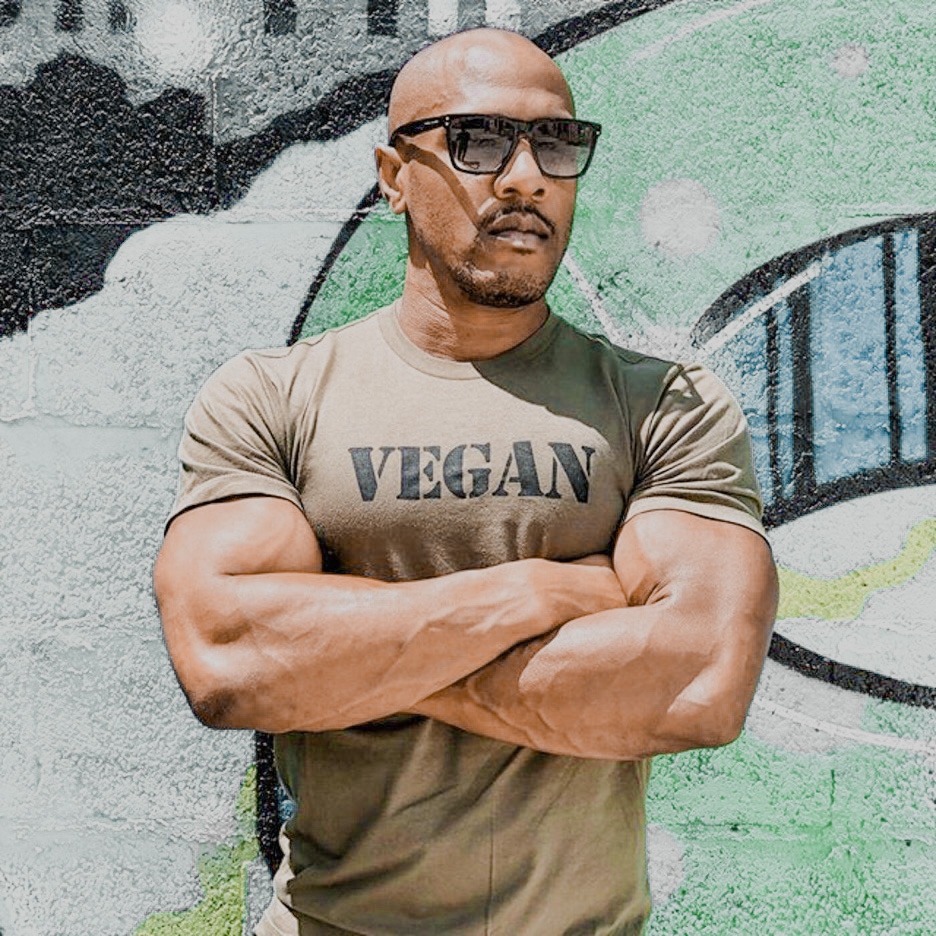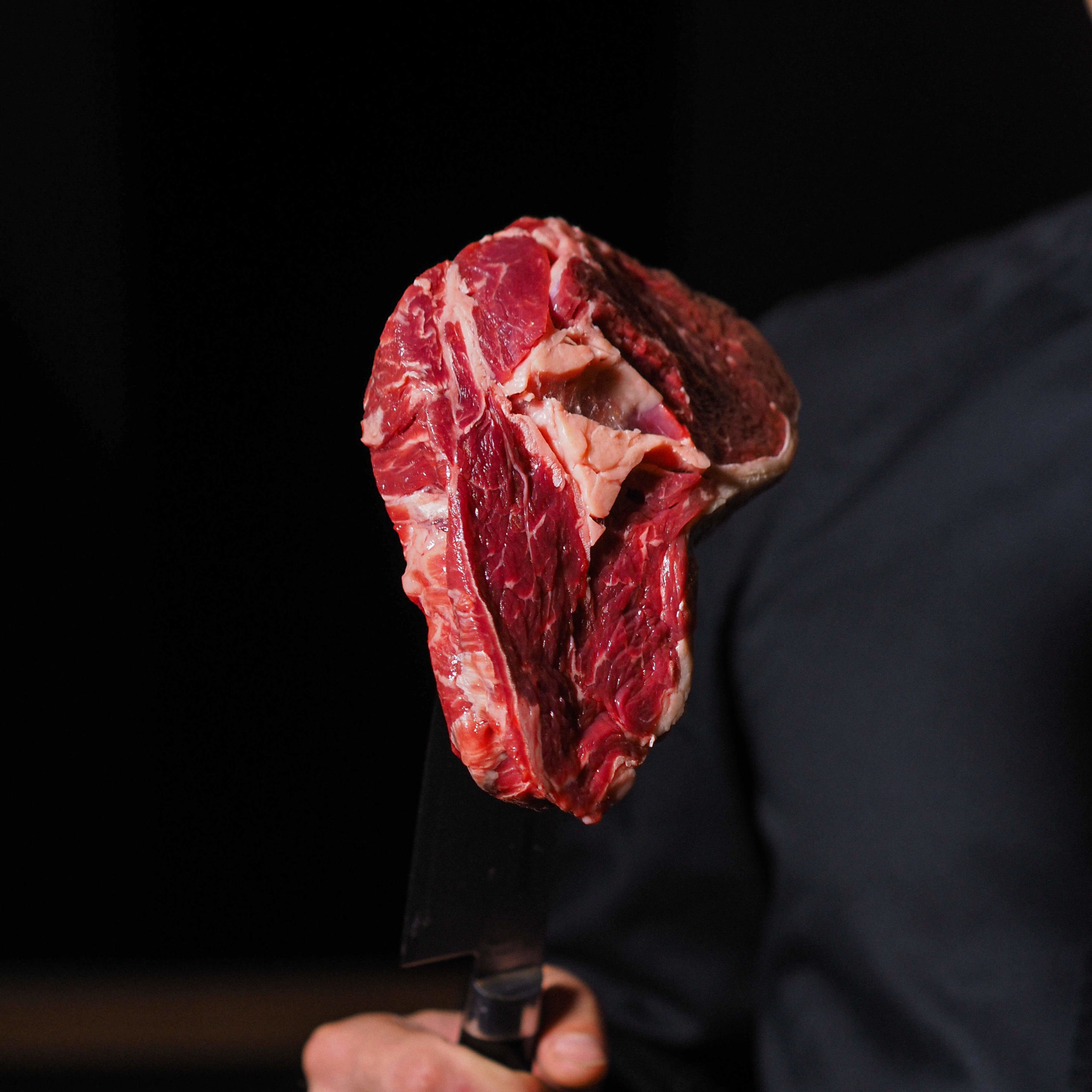This website uses cookies so that we can provide you with the best user experience possible. Cookie information is stored in your browser and performs functions such as recognising you when you return to our website and helping our team to understand which sections of the website you find most interesting and useful.
mindset
podcast
plant-based tips
meal prepping
meal planning
listen now
Plant-based inspiration and wisdom for your nutrition journey
Plant Centered &
Thriving Podcast
Tune in!
learn more
My motto? Take it step by step. Everyone’s on a different journey, and nutrition never looks exactly the same for any two people. To build sustainable, healthful eating habits, I believe in a personalised approach that gets to the root of your unique needs and goals.
Your Registered Dietitian Nutritionist & plant-based eating advocate
hey! I'm Ashley Kitchens
Vegan keto is a vegan lifestyle that combines the principles of a ketogenic diet with plant-based foods. The goal of vegan keto is to achieve nutritional ketosis, which means maintaining a level of dietary fat that helps your body burn its own fat and produce energy more efficiently. With this approach, people tend to find that they lose weight and have increased energy and improved cognitive function.
What is vegan keto?
Unlike a traditional keto diet, vegan keto is free from animal-based products like meat and dairy. Instead, it emphasizes plant-based foods like vegetables, nuts, seeds, legumes, and fats such as coconut oil and avocado. For vegans who want to try the ketogenic diet, vegan keto allows you to focus on nutritious whole foods that are naturally low in carbohydrates, without compromising your vegan ideals. You’re able to eat nutrient-dense meals centered around fats while still adhering to a cruelty-free lifestyle.
The amount of carbohydrates you can eat on a vegan keto diet will depend on individual lifestyle factors, goals, and health status. Generally speaking, a typical daily macro target for the vegan keto diet consists of 75-125 grams of fat, 20-50 grams of protein and 5-20 grams of net carbs (total carb intake minus fiber intake).
Net carbs are the type of carbohydrate that is most important to track when following a vegan keto diet, as they will have the biggest impact on your blood sugar levels and overall health. Eating too many carbohydrates on the vegan keto diet can put you out of ketosis, so it’s important to keep your consumption within recommended guidelines.
Health Risks of Vegan Keto
The vegan ketogenic diet has become increasingly popular in recent years, as it is seen by many as a fast way to lose weight and improve overall health. However, there are some potential dangers associated with going on the keto diet that should be taken into consideration before making the decision to jump in head first.
This type of diet carries with it a range of potential health risks. The main risk of following a vegan keto diet is that it can lead to nutritional deficiencies, as many of the foods restricted on the keto diet are rich in essential vitamins and minerals.
Additionally, going too low on carbohydrates can cause a drop in energy levels, difficulty concentrating, and strained bowel movements. Carbohydrates are an essential part of a healthy diet, providing the body with energy and nutrition. Carbs provide you with glucose, your primary source of energy for physical activity and other bodily functions. They also play a role in maintaining healthy blood sugar levels, helping to regulate appetite, and aiding digestion. Carbohydrates are also important sources of dietary fiber, which helps to reduce cholesterol and promote regular bowel movements. For these reasons, it is important to include carbohydrates in your diet in order to maintain a healthy lifestyle.
Finally, there is some evidence that suggests that this type of high-fat eating pattern has been linked to an increased risk of heart disease, which is why it is important to discuss any health concerns with a qualified medical professional before starting the vegan keto diet. In fact, we had a former keto devotee on our podcast. She shares an alarming story about her husband’s labs and how she encouraged her family to go plant-based overnight.

Tough To Stick With
It’s important to note that this diet can be hard to stick to in the long run and may require supplementation for optimal nutrition.
Vegan keto is a challenging dietary lifestyle to follow for many reasons. The diet requires a significant reduction in carbohydrates, which can be difficult for people who are used to eating grains and other high-carb foods as staples in their diets.
Additionally, the vegan aspect of the diet eliminates sources of what some may find as “convenient protein” such as eggs and dairy, making it harder to get enough protein to meet daily requirements.
Finally, vegan keto diets often lack variety since many foods are eliminated from the diet, making it more difficult to sustain in the long term. This diet requires careful planning and diligence.
For all of these reasons, it is important to consult with a healthcare professional before starting any vegan keto diet.
What Should You Do?
While a vegan keto diet may have some potential health benefits, such as weight loss and improved blood lipids, it also has many associated risks. It is extremely low in carbohydrates and high in fats, which can lead to nutrient deficiencies and an increased risk of cardiovascular disease. Additionally, a vegan keto diet may not provide enough protein for the body’s needs and may lead to muscle loss.
For these reasons, I would not recommend following a vegan keto diet and most low-carbohydrate diets as short-term or long-term dietary plans. It’s important to consult a doctor or registered dietitian before making any major changes to one’s diet. Doing so can help ensure that you’re getting adequate nutrition while maintaining your vegan lifestyle and goals.
There are other approaches to eating vegan, which may be more beneficial for overall health than a vegan keto diet such as following a more whole food, plant-based lifestyle. A registered dietitian can help a person design a vegan diet that meets their nutritional needs while avoiding the potential risks associated with a vegan keto diet.
Summary
Vegan keto may sound like an attractive plan, but it is far from practical or easy to follow. The strict restrictions of both veganism and a ketogenic diet can be difficult to manage and can leave you feeling deprived and unsatisfied. When we look at people around the world who live the longest and have low rates of chronic disease, they are eating a primarily whole food, plant-based diet that’s rich in carbohydrates.
Plus, due to the high-fat content of vegan keto, this type of eating plan could potentially increase your risk of heart disease if followed for an extended period. For these reasons, it is not advisable to try vegan keto without careful consideration and supervision by a healthcare provider. It is important to find a nutritional plan that works for you and helps you reach your goals in the healthiest and most sustainable way possible.
more to explore
more to explore
Get weekly guidance to support your plant-based journey while strengthening your relationship with food, including weekly plant-based recipe ideas, tips, encouragement and so much more.
Join our newsletter
want blog updates?
explore
Founded by registered dietitian Ashley Kitchens, Plant Centered Nutrition shares approachable, evidence-based insights to inspire a balanced, plant-forward lifestyle. Ashley partners with brands, podcasts, and publications to show that healthy eating doesn’t have to be complicated—it just has to feel good and fit your life.
making plant-based eating easy, joyful, and realistic.

























share
click to LEAVE A COMMENT